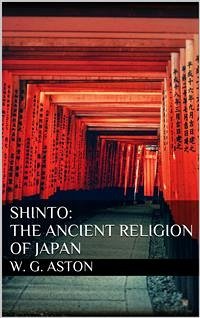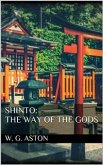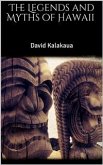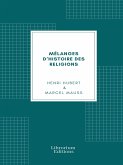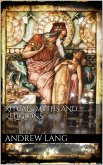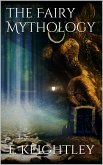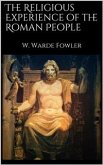Kami is the ordinary Japanese word for God. It means primarily above, superior, and is applied to many other things besides deities, such as nobles, the authorities, the ‘missus,’ the hair of the head, the upper waters of a river, the part of Japan near Kiōto, etc. Height is in every country associated with excellence and divinity, no doubt because the first deities were the Sun and other Heavenly objects. We ourselves speak of the ‘Most High’ and use phrases like ‘Good Heavens’ which testify to a personification of the sky by our forefathers. But though Kami corresponds in a general way to ‘God,’ it has some important limitations. The Kami are high, swift, good, rich, living, but not infinite, omnipotent, or omniscient. Most of them had a father and mother, and of some the death is recorded. Motoöri, the great Shinto theologian, writing in the latter part of the eighteenth century, says:— ‘The term Kami is applied in the first place to the various deities of Heaven and Earth who are mentioned in the ancient records as well as to their spirits ( mi-tama ) which reside in the shrines where they are worshipped. Moreover, not only human beings, but birds, beasts, plants and trees, seas and mountains, and all other things whatsoever which deserve to be dreaded and revered for the extraordinary and pre-eminent powers which they possess, are called Kami . They need not be eminent for surpassing nobleness, goodness, or serviceableness alone. Malignant and uncanny beings are also called Kami if only they are the objects of general dread. Among Kami who are human beings I need hardly mention first of all the successive Mikados—with reverence be it spoken....
Bitte wählen Sie Ihr Anliegen aus.
Rechnungen
Retourenschein anfordern
Bestellstatus
Storno

